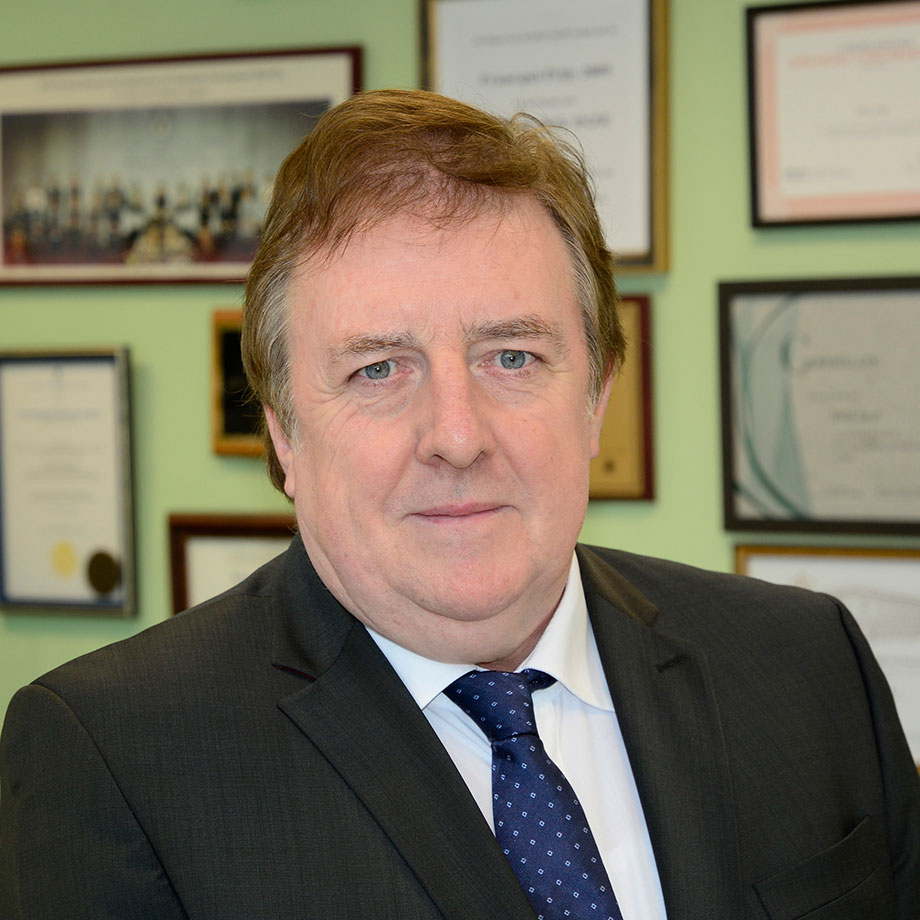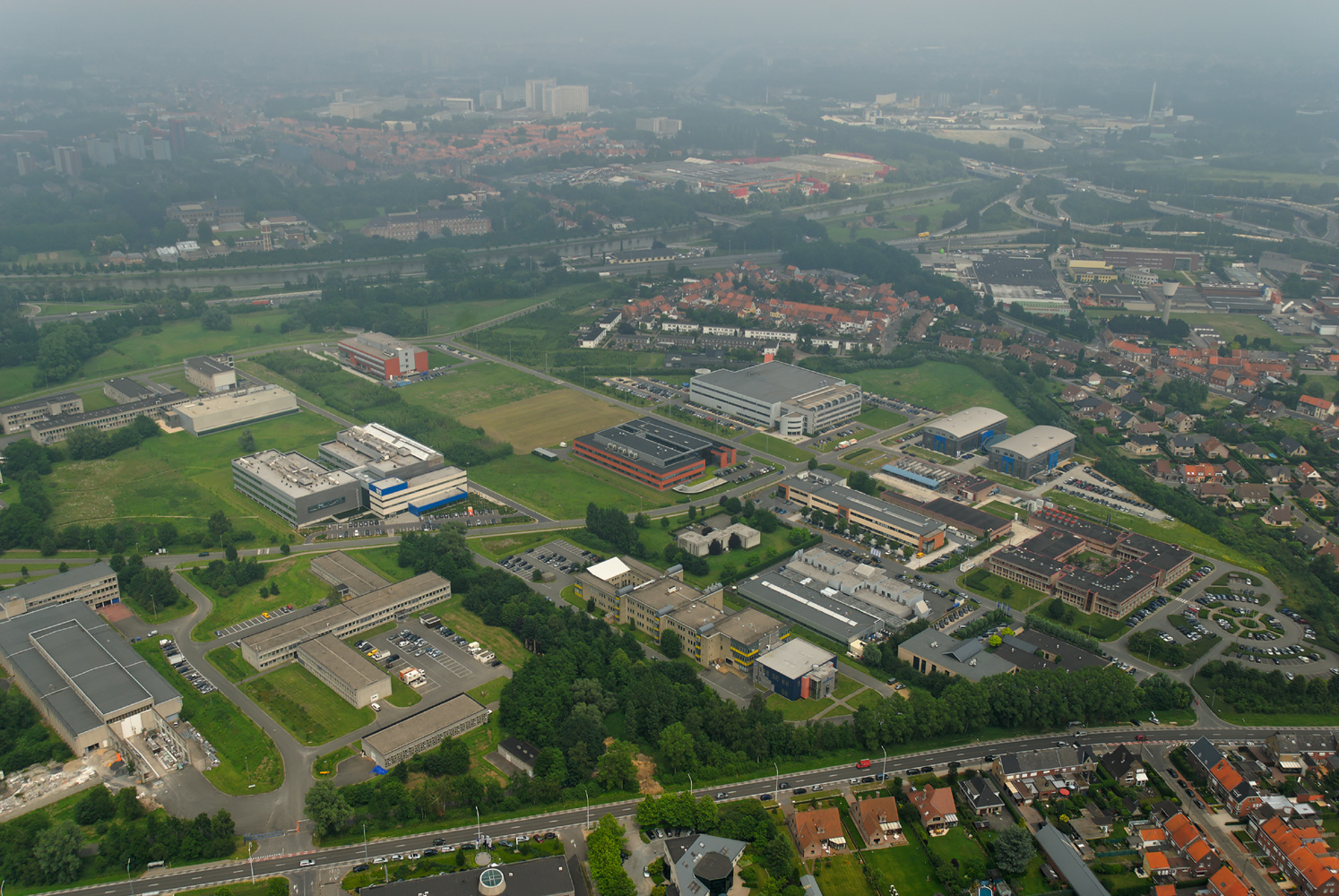The center is built on the foundations of the Laboratory of General Genetics, pioneered by Jeff Schell and Marc Van Montagu.
The research in the early days was focused on microbial genetics: the study of restriction and modification in Escherichia coli, and the search for the tumor-inducing principle (TIP) in Agrobacterium tumefaciens. The laboratory achieved its first international breakthrough in the mid 70s with the discovery that the TIP resided on an extrachromosomal element: the Ti plasmid. Subsequently, the close collaboration between the teams of Jeff Schell and Marc Van Montagu created the fertile environment for combining genetic and molecular approaches to unravel the molecular processes involved in the transformation of plant cells by Agrobacterium. These research efforts culminated in the early 80s with the demonstration that the Agrobacterium-mediated transformation process could be developed into a system that allowed genetical engineering of plants.
Plant engineering became the driving force for the rapid growth of the laboratory. Under the inspiring guidance of Marc Van Montagu, the research group rapidly gained a worldwide reputation as a center of excellence in the field of plant biology. The research interests of the group continuously expanded, covering many different areas, such as plant-microbe interactions, transgene technology, biotic and abiotic stress, cell division control, hormone signaling, metabolic pathways and tree biotechnology, to name just a few.
In 1995, the laboratory was integrated into the newly created Flanders Interuniversitary Institute for Biotechnology (VIB), and renamed Department of Plant Genetics. The generous funding provided by the VIB allowed the group to expand. In 1999, Marc Van Montagu retired and Marc Zabeau was appointed head of the department. This was a time for change and refocus. The newly emerging field of genomics was rapidly becoming tangible in plant sciences with the completion of the sequencing of the Arabidopsis genome. The emphasis on plant engineering has now been replaced by a focus on systems approaches to study the basic biological processes in plants, where plants represent an "interesting and important biological system that contrasts animal life". Hence the change in name: Plant Systems Biology.
In 2002, Dirk Inzé became Scientific Director and continues to develop the center as a center of excellence for systems biology of plant growth and development. Today, more than 280 people focus their activities toward cutting edge research in Plant Systems Biology.

Science Director
Dirk Inzé is Full Professor at Ghent University and Science Director of the VIB, Center for Plant Systems Biology (Ghent, Belgium). Plant and plant organ growth are regulated by an exceedingly complex interplay of many genes and their interactions with the ever changing environment. Numerous genes, of which the modified expression enhances plant organ growth, have now been identified, and a detailed study of these genes provided novel insights into the molecular machines driving growth. Dirk Inzé's research ambition is to obtain a holistic understanding of the molecular networks regulating plant organ growth and crop productivity. His work has opened up new perspectives for the identification of optimal growth regulatory networks that can be selected by advanced breeding, or for which more robust variants can be obtained through genetic engineering. As such, Dirk Inzé's work significantly contributes to providing food security for the growing world population.
Agro-Biotech Valley
The Center for Plant Systems Biology, and VIB as a whole, have a long-standing tradition of converting basic science into successful industrial entities: Plant Genetic Systems (now BASF Agricultural Solutions Belgium NV, previously Bayer Crop Science), CropDesign (now a BASF Plant Science company), Devgen (now Syngenta) and Aphea.Bio.

Today, these companies, together with the center, form the largest European Plant Biotechnology campus (second largest in the world), employing over 800 persons dedicated to plant biotechnology. The bulk of this workforce has been established through the center’s outstanding scientific achievements and its remarkable ability to identify opportunities for building on scientific results for the exploration of commercial benefits. The integration of fundamental research and industrial applications is key to tap into the immense potential plants offer to build a sustainable world. The center has ongoing collaborations with each of these companies on this 'Tech Lane Ghent Science Park – Campus A'.